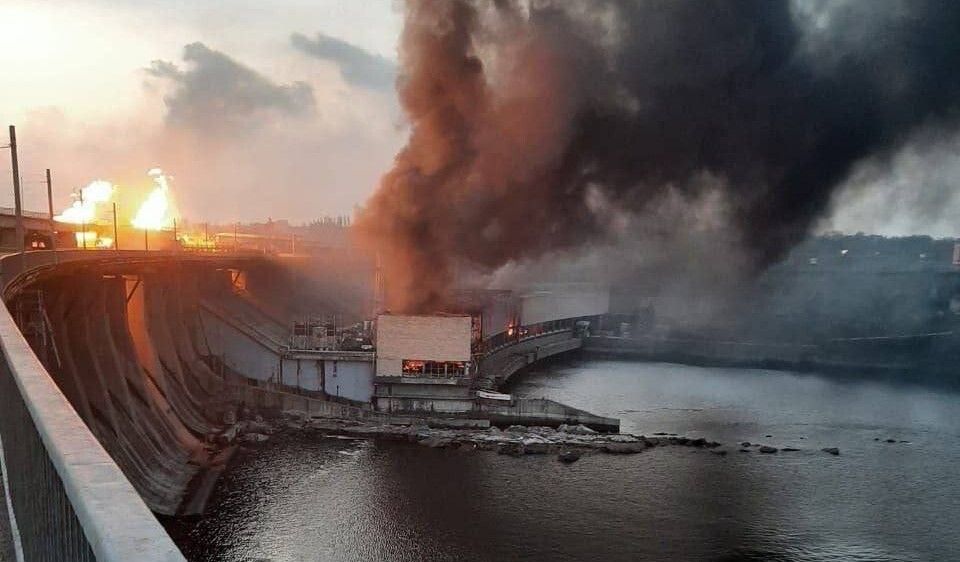Minister: Ukraine needs advanced air defense to protect energy infrastructure

Ukraine requires advanced air defense systems to safeguard its energy infrastructure from Russian missile and drone attacks, aiming to prevent power outages as electricity demand nears winter peak levels this summer, Energy Minister German Galushchenko said on April 6.
Russia has intensified its missile and drone strikes against Ukraine's critical infrastructure, launching large-scale attacks on energy facilities across the country. Among Moscow's targets were the Kaniv Hydroelectric Power Plant in Cherkasy Oblast, the Dniester Hydroelectric Power Plant in Chernivtsi Oblast, and Zaporizhzhia's Dnipro Hydroelectric Power Plant.
“The destruction was significant in power generation and in electricity transmission. The situation is difficult,” Galushchenko told Bloomberg. “We still do not understand the scale of damage as many facilities are still in rubble, and we can’t reach them.”
In an interview with national television on April 6, President Volodymyr Zelensky called on international partners to provide Ukraine with modern air defense systems to defend against Russian attacks.
As Moscow increased its attacks, the shortage of air defense systems in Ukraine became more tangible, particularly in the territories near the front line.
“I will not tell you how many Patriot systems we have. I can say that, to cover Ukraine completely in the future, it is preferable to have 25 Patriot systems, with six to eight batteries each,” Zelensky said.
Official estimates for the total energy losses have not yet been determined, but the magnitude of the damage could potentially amount to billions of dollars, the minister said.
Russian attacks have damaged or completely destroyed 80% of the thermal generating capacity of Ukraine's largest private energy company, DTEK.
Ukraine is seeking energy equipment to replace its damaged machinery.
“Depending upon the situation in July and August, we will ask people to save as much as possible,” Galushchenko said. “The Russians can’t cause a repeat of the blackouts of 2022 and 2023. Even in the case of huge damage, we’ll have basic generation that covers 30% to 50% of our needs.”











